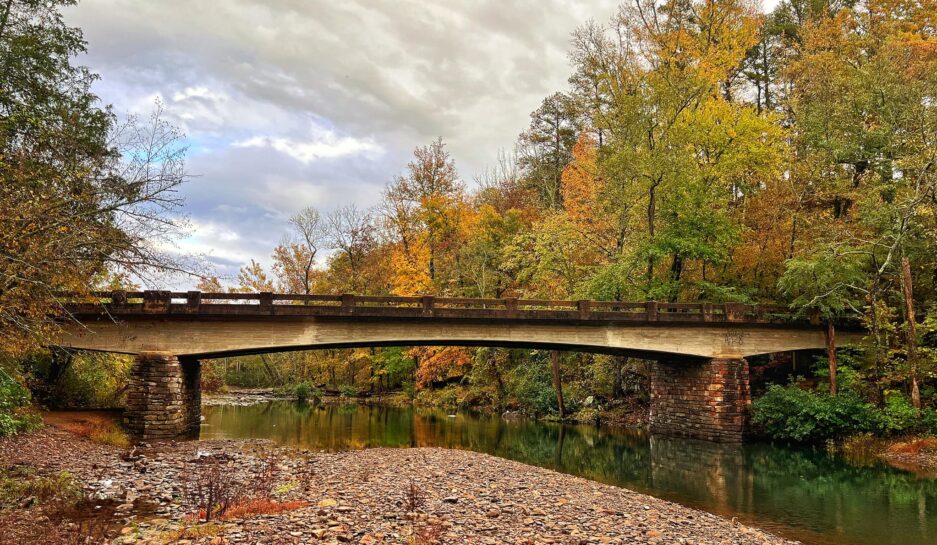The cares of this life are thieves. They rob from us while we watch, eyes trained on their every move.
I wish I could tell you I am too much a veteran of their schemes to be taken in anymore. At this time of life one would imagine experience has taught me its lessons, and all danger of being victimized is past.
One would be wrong.
For some time now, I have allowed those rascally cares to run amok in my soul, robbing me blind.
Really. Blind.
It is what they crave. The little creations of our tiny imaginations and self-centered natures are themselves blind to the reality of joy that fills our lives as humans made in the image of a loving God.
And, you know what they say.
Well, the red-headed lady who raised me said it all the time anyway, so I assume it must be true:
Misery loves company.
If the little monsters can’t see joy and truth, they are determined to steal the ability from anyone foolish enough to afford them shelter and sustenance.
And so, with my permission, they have been at work again in my own soul.
At times when they work their craft, the darkness is profound. The black of this night is, I think, made all the more encompassing by my willing participation in the malfeasance.
An evening or two ago, as light shone brightly—too brightly for me—in my house, I crept to my office to let the thieves practice. While the Lovely Lady and our guests worked and laughed and played happy music, I sat alone in the dark and pulled the misery over me like a blanket.
After the lights were finally extinguished at the house and all were asleep in their beds I left my office and, blindly walking hand in hand with the little unseeing pickpockets, headed toward home.
Three words. Really. Just three.
I know folks who hear a voice that speaks whole volumes. Entire poems. Sometimes, they carry on conversations with the voice.
Me? I get three words.
Lift your head.
I know. It seems a bit inadequate, doesn’t it? It’s kind of like saying chin up to a guy heading to the gas chamber.
Lift your head.
Then I noticed it. All around me, in what is normally a pitch black yard, the air fairly glowed with light. Long shadows were cast by the tree branches above me.
I lifted my head.
The brilliant and huge full moon hung almost directly above, washing the night time world in its reflected light. It was astoundingly beautiful.
He still hang s the moon. Every night.
s the moon. Every night.
He still wakes the sun every morning and sends it on its daily rounds.
I’ll admit it. The notion isn’t all that scientific, nor is it an accurate description of what actually takes place.
Still, it is His power that keeps all of creation doing what it was designed for. (Colossians 1: 6-17)
The realization struck me as powerfully as those beams of light had just seconds before.
His plan is still in place. I’m part of that plan.
His plan is still in place. I'm part of that plan. Share on X
I’m part of that plan!
Every one of us is.
I looked back down to check on my cares, but all the little felons had disappeared. They can’t stand to be in the company of light. Just as in nature, the darkness of doubt and despair flees at the coming of light.
I’m not naive. Darkness will come again. It always does.
Cares will crowd around to steal again. They always do.
But the truth is, light will come again as well.
It always does.
He still hangs the moon.
And, not just for me.
Lift your head.
But you, Lord, are a shield around me,
my glory, the One who lifts my head high.
(Psalm 3:3 ~ NIV)
‘Now, lord,’ said Gandalf, ‘look out upon your land! Breathe the free air again!’
. . .Suddenly through a rent in the clouds behind them a shaft of sun stabbed down. The falling showers gleamed like silver, and far away the river glittered like a shimmering glass.
‘It is not so dark here,’ said Théoden.
(from The Two Towers ~ J.R.R. Tolkien ~ English novelist/poet ~ 1892-1973)
© Paul Phillips. He’s Taken Leave. 2016. All Rights Reserved.










